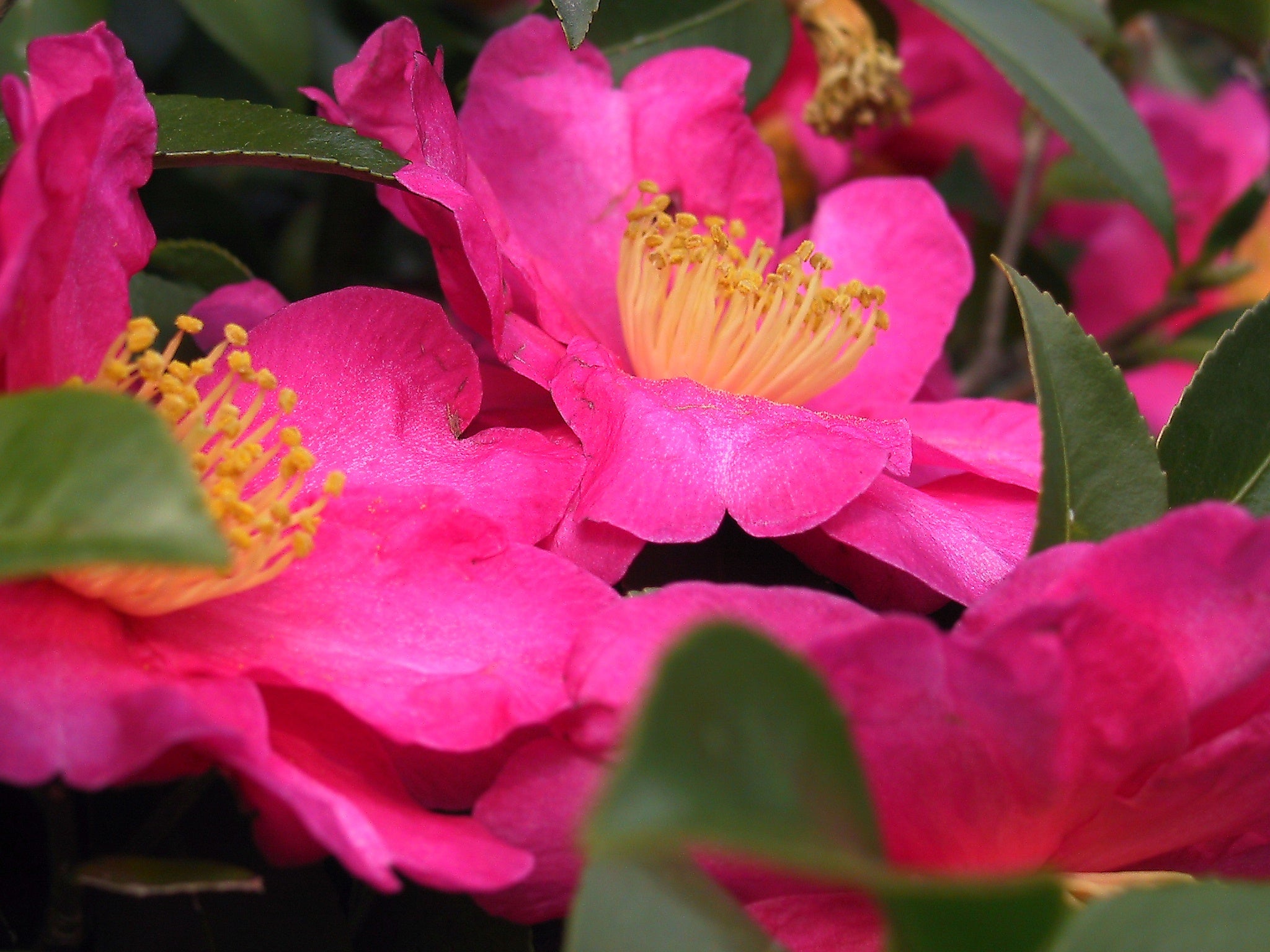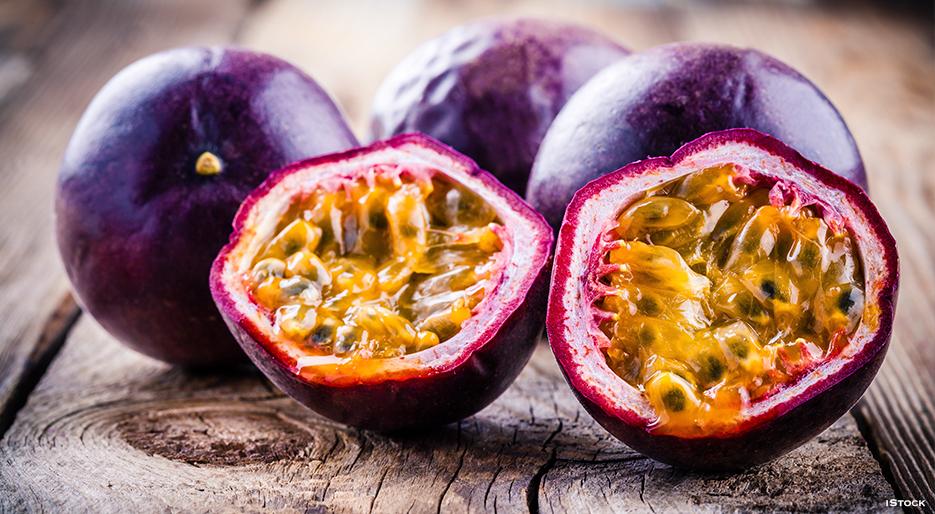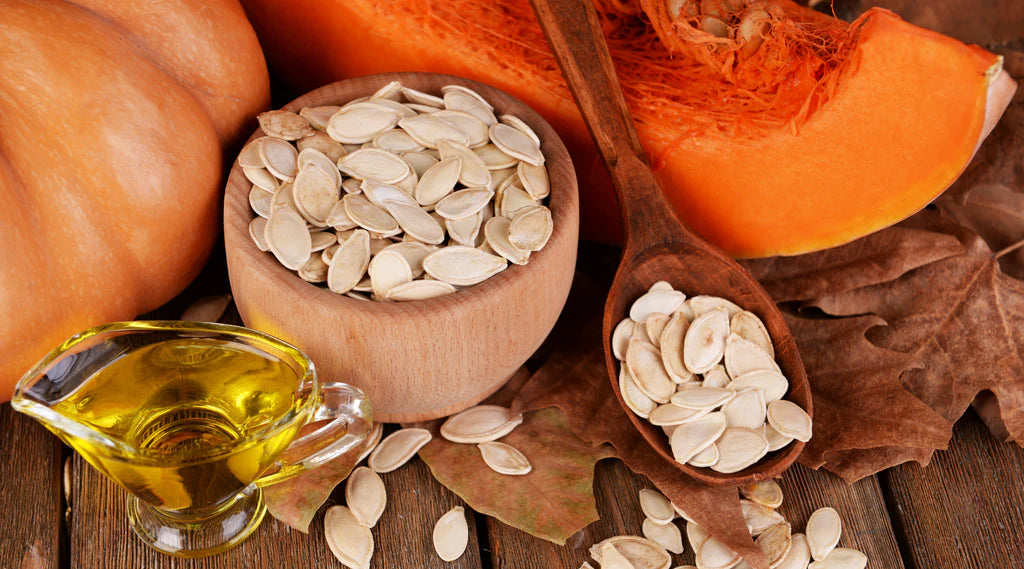
Camellia Seed and How It Helps with Acne
What is Camellia Seed Oil?
Camellia oil, also known as tea seed oil or camellia sinensis oil, is a plant-based oil derived from the seeds of the Camellia plant, specifically Camellia sinensis. This oil has a long history of use in various parts of the world, particularly in East Asia, where Camellia sinensis is native. It is valued for its culinary, medicinal, and cosmetic applications.
Here are some key characteristics and uses of camellia oil:
- Lightweight and Non-Greasy: Camellia oil is known for its light texture, making it easily absorbed by the skin without leaving a greasy residue. This quality makes it suitable for both skincare and haircare applications.
- Rich in Oleic Acid: Camellia oil is primarily composed of oleic acid, a monounsaturated fatty acid. This fatty acid is known for its moisturizing and emollient properties, which help in nourishing and softening the skin and hair.
- Nutrient-Rich: It contains various vitamins and antioxidants, including vitamin E, which provides protective benefits to the skin and helps combat free radical damage.
- Versatile Culinary Uses: In addition to skincare, camellia oil is used in cooking. It has a high smoke point, making it suitable for various culinary applications such as stir-frying, deep-frying, and salad dressings. It imparts a delicate, nutty flavor to dishes.
- Potential Benefits for Hair: Camellia oil can be used to condition and nourish hair. It may help improve hair texture, reduce frizz, and add shine. Some individuals use it as a treatment for split ends and to promote overall hair health.
- Potential Benefits for Skin: Camellia oil is used in skincare for its potential moisturizing, antioxidant, and anti-inflammatory properties. It's valued for its ability to hydrate the skin without clogging pores, making it suitable for various skin types.
- Natural Makeup Remover: Due to its gentle and non-irritating nature, camellia oil can be used as a natural makeup remover. It effectively dissolves makeup, even waterproof products, while nourishing the skin.
- Potential Benefits for Nail and Cuticle Care: Camellia oil is sometimes used to moisturize and condition nails and cuticles, promoting healthy nail growth.
Overall, camellia oil is a versatile and nourishing oil that offers a range of benefits for both culinary and cosmetic purposes.
How Camellia Seed Oilhelp with acne
Camellia Seed Oil is used in skincare for its potential benefits. It's rich in Vitamin E and promotes a bright complexion by working to reduce hyperpigmentation. A boost of antioxidants protects against damage caused by free radicals.
Here's how camellia oil may be related to acne management:
- Moisturization: Camellia oil is a lightweight and non-comedogenic oil, meaning it doesn't clog pores. It can provide gentle moisturization to the skin without exacerbating acne. Proper skin hydration is essential in preventing excessive oil production, which can contribute to acne.
- Antioxidants: Camellia oil contains antioxidants, such as vitamin E. These antioxidants help protect the skin from damage caused by free radicals, which can contribute to skin inflammation and the development of acne. Antioxidants play a role in maintaining overall skin health.
- Anti-Inflammatory Properties: Some individuals with acne have inflammation associated with their breakouts. Camellia oil has anti-inflammatory properties that can help reduce redness and swelling, making it potentially beneficial for those with inflammatory acne.
- Non-Greasy Texture: The lightweight and non-greasy nature of camellia oil allows it to be easily absorbed by the skin. This makes it suitable for various skin types, including those with oily or acne-prone skin.






